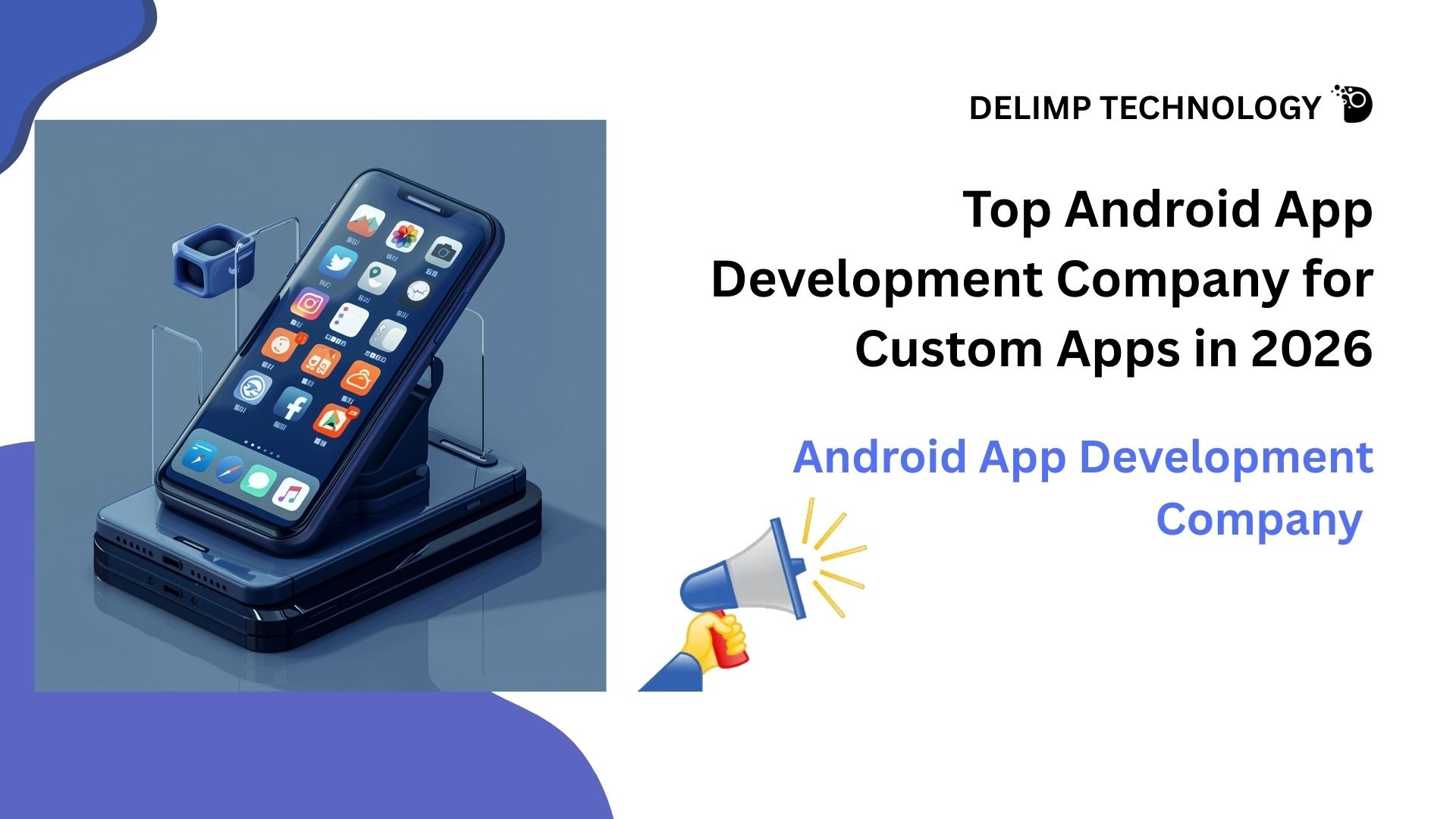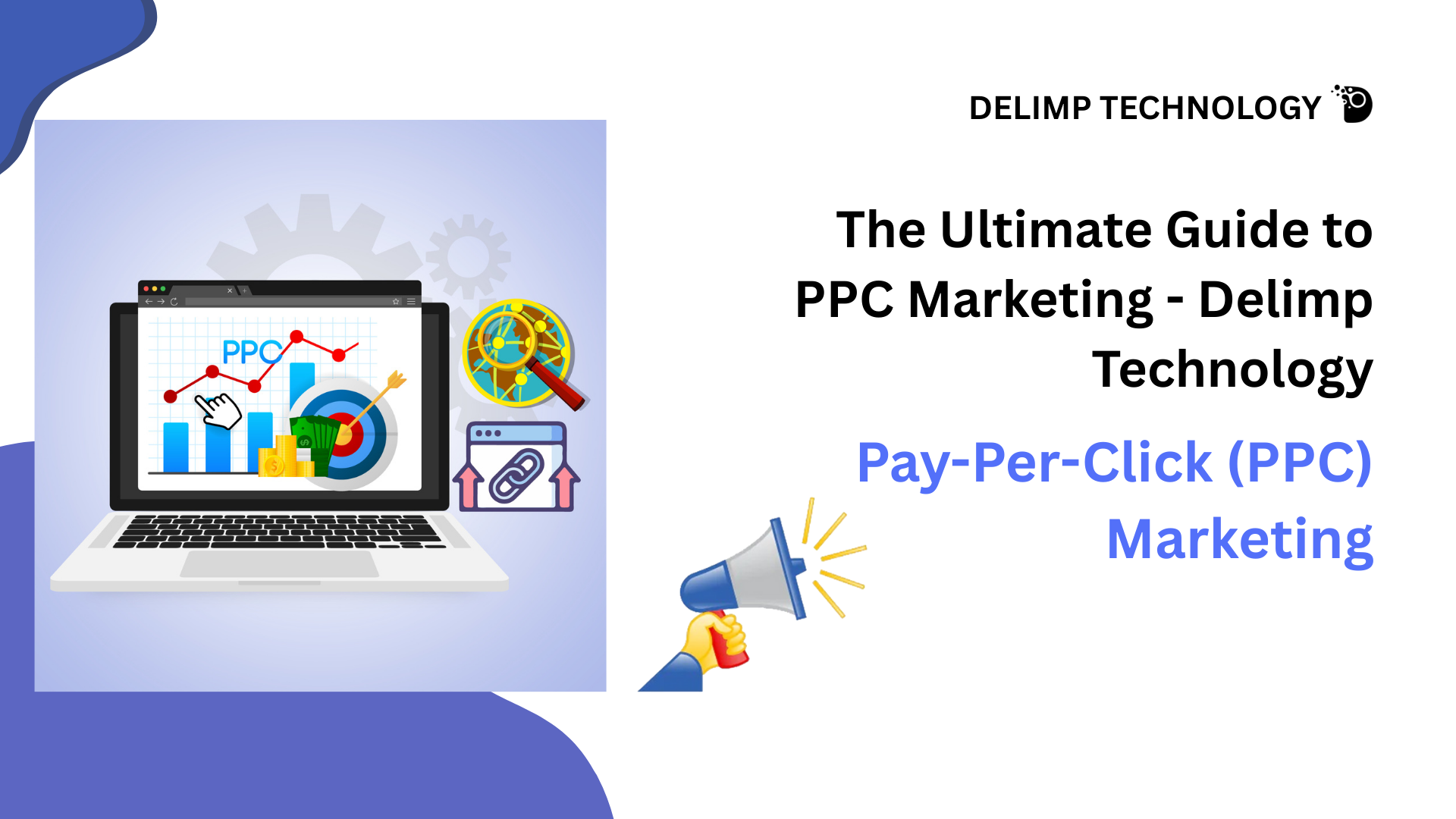As per the statistics by G2, companies that nurture leads generate 50% more sales at 33% lower costs, and for 61% of marketers, lead generation is the biggest challenge.
Lead generation means creating and maintaining your prospects’ interest in your products and services so that they can convert. Anyone interested in your company’s services and products is a lead. Well, in the digital marketing scenario, lead generation is not magic. Understanding it carefully and effectively executing it is necessary to move leads forward in the sales funnel.
As generating prospects is not child’s play, many companies struggle with consistent lead generation. But you can achieve it with the help of fruitful strategies. This is a helpful guide to understanding what a lead generation strategy is and what the most potent lead generation strategies are to conquer your lead generation goals.
What are Lead Generation Strategies?
A lead generation strategy contains some key courses of action to attract visitors, obtain their general information, and store it so that they become future customers. For this, you need a structured plan and budget to invest in the strategy and the tools required. Whether you are a small business or a large enterprise, lead generation strategies are imperative for client acquisition and improving sales.
A good lead generation strategy consists of some important components. They are:
- Having definite goals and objectives that align with the business’s mission and vision
- Your way of identifying your target audience
- Having an effective follow-up plan
- Being on the right platforms and social media channels
- Metrics and analytics to analyze data and measure the effectiveness of the strategy
Lead generation strategies in the digital age have several benefits for businesses. Modern lead generation has allowed companies to obtain information about potential customers and tailor their sales pitches as per their requirements. Targeting the right audience, increasing brand awareness, gathering and storing data on prospects, and elevating brand loyalty are some of the other benefits of generating leads.
5 Practical Lead Generation Strategies for Success
Given below are the five lead generation strategies and tactics that work for any business size.
Inbound Marketing
Inbound marketing is an approach to digital marketing that helps to captivate customers through content creation and promotion. The content could be anything like information, education tools, blogs, videos, ebooks, infographics, etc. It is one of the key strategies for generating leads. It involves content creation for each step of the customer journey. It addresses the requirements of the customers and is less about selling.
Outbound Marketing
Outbound marketing is a traditional lead generation marketing process in which the company initiates the conversation with the audience and sends messages via commercials, ads, emails, trade shows, cold calls, flyers, print ads, etc. It is another effective lead-generation strategy that produces remarkable results. It is more effective when combined with inbound marketing. It helps to actively build authentic relationships through engagement, targeted communications, and by offering value.
Landing Pages
Lead generation landing pages are web pages created to convert prospects into leads. A consumer lands on the landing page after they have clicked on an ad or call to action link anywhere on the internet. This page is used as a single independent marketing tool that doesn’t exist on your website. Optimizing landing pages is an essential strategy when it comes to lead generation. A good landing page communicates, contains social proof, builds trust, and provides a great mobile experience.
Lead Generation Ads
Lead generation ads are dedicated digital ads that help collect data on the potential buyers who have clicked on the ad. Through these ads, you can gather information like name, phone number, email address, location, gender, and age. Pop-up forms on Facebook are a kind of lead generation marketing ad that forwards the audience to the landing page or website. You can maintain a customer database from the data collected, obtain more qualified leads, and engage potential customers by running these ads.
SEO and Competitor Analysis
Leveraging search engine optimization is one of the highest ROI-generating lead-generation strategies. It helps to enhance organic rankings on SERPs, which leads to an increase in website traffic and engagement. Keyword research is a definitive way of producing targeted leads. Competitor analysis allows you to level up your SEO and gain deep insights about your competitors.
Conclusion
So, this was all about lead generation strategies. Success in lead generation requires key tactics, effective campaigns, and a consistent plan that results. With techniques such as inbound and outbound marketing, optimizing landing pages and forms, running lead generation ads, leveraging SEO, and competitor analysis, businesses may elevate their lead generation game and scale their profits.
Frequently Asked Questions (FAQs)
Q1. What is lead generation, and why is it important for businesses?
Ans: Lead generation is the process of attracting and converting potential customers into leads—individuals interested in your product or service. It’s crucial for businesses as it helps build a pipeline of potential customers, driving growth and revenue.
Q2. What are some effective lead-generation strategies for businesses?
Ans: Successful lead generation strategies include content marketing, social media marketing, email marketing, search engine optimization (SEO), paid advertising, webinars, and leveraging lead magnets such as ebooks or whitepapers.
Q3. How does content marketing contribute to lead generation?
Ans: Content marketing involves creating and sharing valuable content to attract and engage a target audience. By providing relevant and helpful information, businesses can position themselves as industry experts and capture the interest of potential leads.
Q4. What role does social media play in lead generation?
Ans: Social media platforms are powerful tools for lead generation. By engaging with the audience through organic and paid content, businesses can create brand awareness, drive traffic to their websites, and capture leads through targeted advertising.
Q5.How can email marketing be used to generate leads successfully?
Ans: Email marketing is effective for lead generation by nurturing relationships with leads over time. By providing valuable content, personalized offers, and strategically timed messages, businesses can move leads through the sales funnel.





